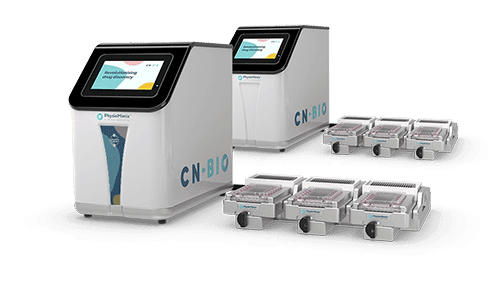Resource > Webinars >
Liver-on-Chip and In Silico Modeling for Quantitative Drug Metabolism Studies
For Quantitative Drug Metabolism Studies
Filed under: ADME and Drug metabolism

Video content if present
Liver-on-Chip and In Silico Modeling
for Quantitative Drug Metabolism Studies
Watch this webinar to learn:
- Various applications of Liver-on-a-Chip in quantitative PK
- CYP (Cytochrome P450) and UGT (Uridine Diphosphate-glucuronosyltransferase) metabolism with Liver-on-a-Chip
- Combining in silico modeling and experimental data for in vitro–in vivo extrapolation
- Liver-on-a-Chip and future perspectives
This webinar examines the benefits of combining Liver-on-a-chip with in silico modeling to explore clinical PK predictions of specific reference drugs, including investigations into the intrinsic clearance determinations for high metabolically stable compounds and the quantitation of fractions metabolized by specific enzymes.
Understanding the pharmacokinetics (PK) of new drugs has typically relied quite heavily on animal models, however, these models are expensive and often have limited relevance to humans. The development of a Liver-on-a-Chip (LOAC) device, that better recapitulates human physiology compared to standard in vitro systems, represents a promising alternative to reduce the use of animal models.
View our Q&A document from the live event.
Speaker Information:
 Dr Nicolo Milano
Dr Nicolo Milano
Postdoc Scientist
Hoffman-La Roche, Basel Switzerland


 Dr Nicolo Milano
Dr Nicolo Milano